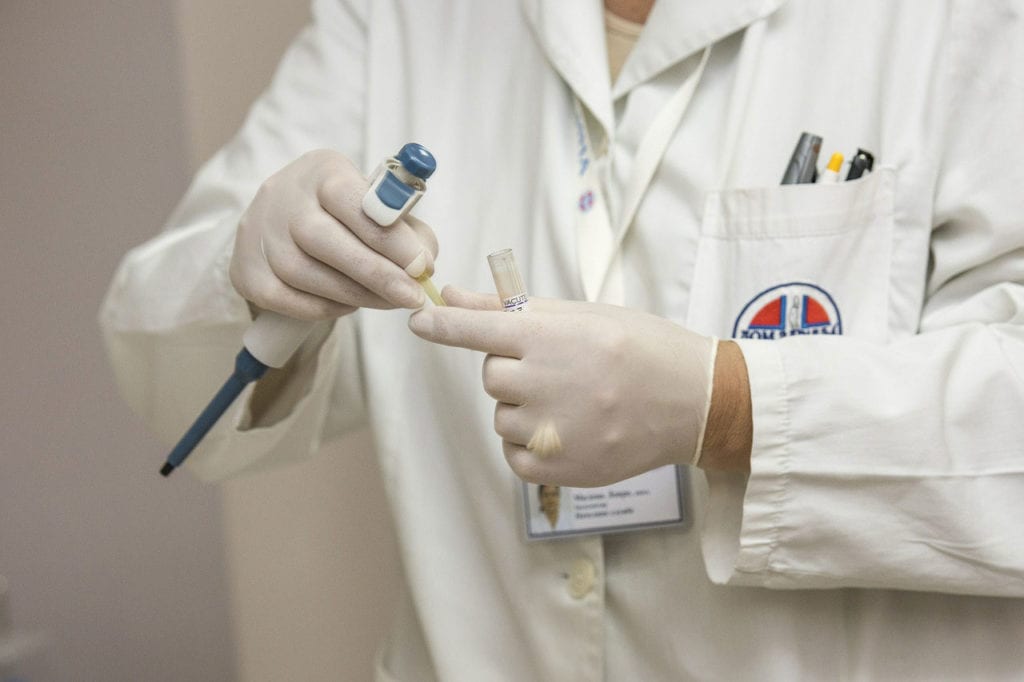The Australian biopharmaceutical company Antisense Therapeutics has announced that the first patient has been dosed on a Phase 2 clinical trial of the investigational drug ATL1102, which is being developed for Duchenne muscular dystrophy. For more detailed information, you can view the original press release here, at Newswire.
About Duchenne Muscular Dystrophy
Duchenne muscular dystrophy (DMD) is a severe form of muscular dystrophy that is characterised by muscle weakness and degeneration. It is an inherited genetic condition caused by a lack of the protein dystrophin, which is crucial for healthy muscle cell functioning. According to the Muscular Dystrophy Association, the first signs of DMD typically appear in children between the ages of three and five, and the symptoms progress over time.
About ATL1102
ATL1102 is an investigational drug that is being developed as a potential treatment for DMD. It is an antisense inhibitor of CD49d, which is a subunit of VLA-4. According to the source press release, patients with DMD who have more T cells with high levels of CD49d expression on their surface tend to also shown more severe and rapid progression of their condition. Using antisense inhibitors on VLA-4 has been previously explored using animal models of inflammatory conditions, such as multiple sclerosis. A Phase 2a clinical study of ATL1102 in multiple sclerosis found that the drug reduced lesions.
Now, ATL1102 is being investigated in a Phase 2 clinical trial for the treatment of DMD. Researchers think that ATL1102 may be able to treat the inflammation linked to worsened damage to muscle fibres in patients who have DMD. At the moment, some patients may be treated for this using corticosteroids, but these can be associated with significant side effects. Furthermore, corticosteroid treatment may be less effective for patients who show high levels of CD49d on their T cells.
The On-Going Trial
The safety and efficacy of ATL1102 is being investigated in a clinical trial that has enrolled nine non-ambulant patients who have DMD. The patients, aged between ten and eighteen, will be treated for a period of six months.
For more information, you can view the original press release here.







